Strengthening WHO’s capacity for supporting and accelerating nutrition action
In order to alleviate the global burden of unfulfilled potential resulting from all forms of malnutrition, Member States of the United Nations (UN) proclaimed the UN Decade of Action on Nutrition (2016 – 2025) in April 2016. Convened by the Food and Agriculture Organization of the United Nations (FAO) and the WHO, the UN Decade of Action on Nutrition unites all countries and stakeholders around a clearly-defined time-bound cohesive framework that aims to catalyse and facilitate alignment of ongoing efforts of multiple actors. The UN Decade of Action on Nutrition stimulates the effective translation of the Second International Conference of Nutrition (ICN2) commitments and the 2030 Agenda for Sustainable Development (SDG) into concrete, nationally-determined policies and programmes. As such, the UN Decade of Action on Nutrition encourages Member States and other actors to set, track and achieve ambitious and SMART nutrition commitments.
WHO is expected to co-lead the UN Decade of Action on Nutrition, as per General Assembly of the United Nations resolution UNGA A/RES/70/259. Consequently, the WHO Department of Nutrition for Health and Development (NHD) has developed a comprehensive nutrition strategy, “WHO’s Ambition and Action in Nutrition 2016-2025” to respond to this renewed momentum for improving nutrition, in support of the 2030 Agenda for Sustainable Development. The strategy provides a vision, mission, and theory of change and defines WHO unique value for advancing nutrition.
In the context of the development of WHO’s Ambition and Action in Nutrition 2016-2025, a capacity assessment survey was implemented in 2016 and responded to by 136 WHO staff working in the programme areas related to nutrition at all 3 levels. Survey results revealed the need for technical and functional capacity strengthening of WHO staff working on nutrition, especially at the country level.
Therefore, NHD is supporting face-to-face capacity-building workshops for WHO staff in EMRO (October 2017), SEARO (March 2018) and AFRO (April 2018). In addition there is a plan to develop an online learning platform. This project is made possible through funding from the Bill & Melinda Gates Foundation.
The African Region workshop
The African Region has opted for a 4-day workshop, where Region-specific content will be covered in two days. Taking advantage of the presence in Nairobi of regional or sub-regional nutrition focal points from other UN agencies working in nutrition, AFRO is convening a half-day consultation that will involve WHO HQ and AFRO staff.
Workshop objectives:
- Orient AFR staff on the WHO guidance and tools available to support nutrition action.
- Orient AFR staff on nurturing care for early childhood development through nutrition services enhanced with interventions for responsive caregiving and early learning.
- Brainstorm with AFR staff on the actions required and how to engage different stakeholders to address the double burden of malnutrition in the African Region and the role they are expected to play as WHO frontline staff at country level.
- Provide hands-on training on resource mobilization.
- Develop SMART targets for the outcomes of the workshop and how they will be assessed as a practical exercise in monitoring and evaluation (M&E).
Expected results:
- A pool of WCO staff oriented on how to access and use WHO guidance in their support to countries and shaping of the AFR nutrition agenda in collaboration with other nutrition stakeholders and partners, including the contribution that can be made to early childhood development
- AFR staff trained on the dos and don’ts of resource mobilization, capable of drafting a resource mobilization concept note.
- For each WCO staff, SMART targets and assessment indicators of the workshop’s outcomes developed (to be evaluated in final semester of the 2018-19 biennium).
